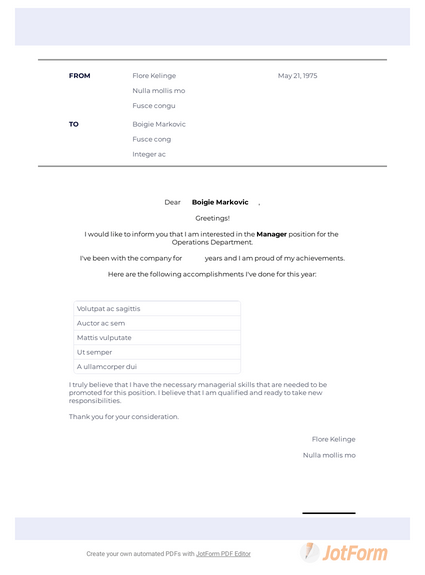
There are many steps you can take to make a career shift work for you. Stage one is about doing a gut check. Stage two is about a career experiment. Stage three involves applying to a new job, and adapting to your new life. It is important to talk with your spouse if you plan on changing careers.
Stage one is your gut check
Gut judgements can be very useful when making career decisions, especially if time is limited. It is unpractical to spend all of your time evaluating your options. When making a significant decision, however, it is worthwhile to do so. Even if you feel certain about something it is a good idea double-checking your gut feeling with additional evidence.

Stage 2 is a career experiment
Career exploration is an important part of career development. It is the first step to building a professional networking and gaining knowledge in a particular career area. It is a chance to meet people from various industries and ask them questions regarding their work. The Career Center can provide you with packets for this research.
Career experimentation can help you improve your skills and establish a personal brand. It can give you insights into your target role and the steps to get there. Although the career experiment is not an exact solution to finding a job, it can help you improve your job search and your chances of succeeding.
Stage three is applying for a new job
It is important to take action during this stage. You will need to learn new skills, retrain for a new job, and also consider how to manage your personal as well as professional life. This often involves a change of routine, taking new classes, or joining a club. You may feel hope and excitement during this stage. Be aware that this stage can be stressful and may make you more thoughtful and strategic.
Stage four is adjusting to your new life
As you move from Stage One of the process to changing your career, you will have to learn to balance priorities in a new lifestyle and career. It is important to let go of relationships and friends that are draining. Accept that not everyone will have the same effect on you. You also need to realize that you're not the only one responsible for making decisions.

This stage is where you need to learn new skills, retrain and update your existing job. Your new job will require you to be able to manage your personal and professional life. There may be adjustments that you need to make, such as changing your morning routine, joining a group, learning new courses, or creating new plans. This is a time when you can feel both excited and overwhelmed by a change.